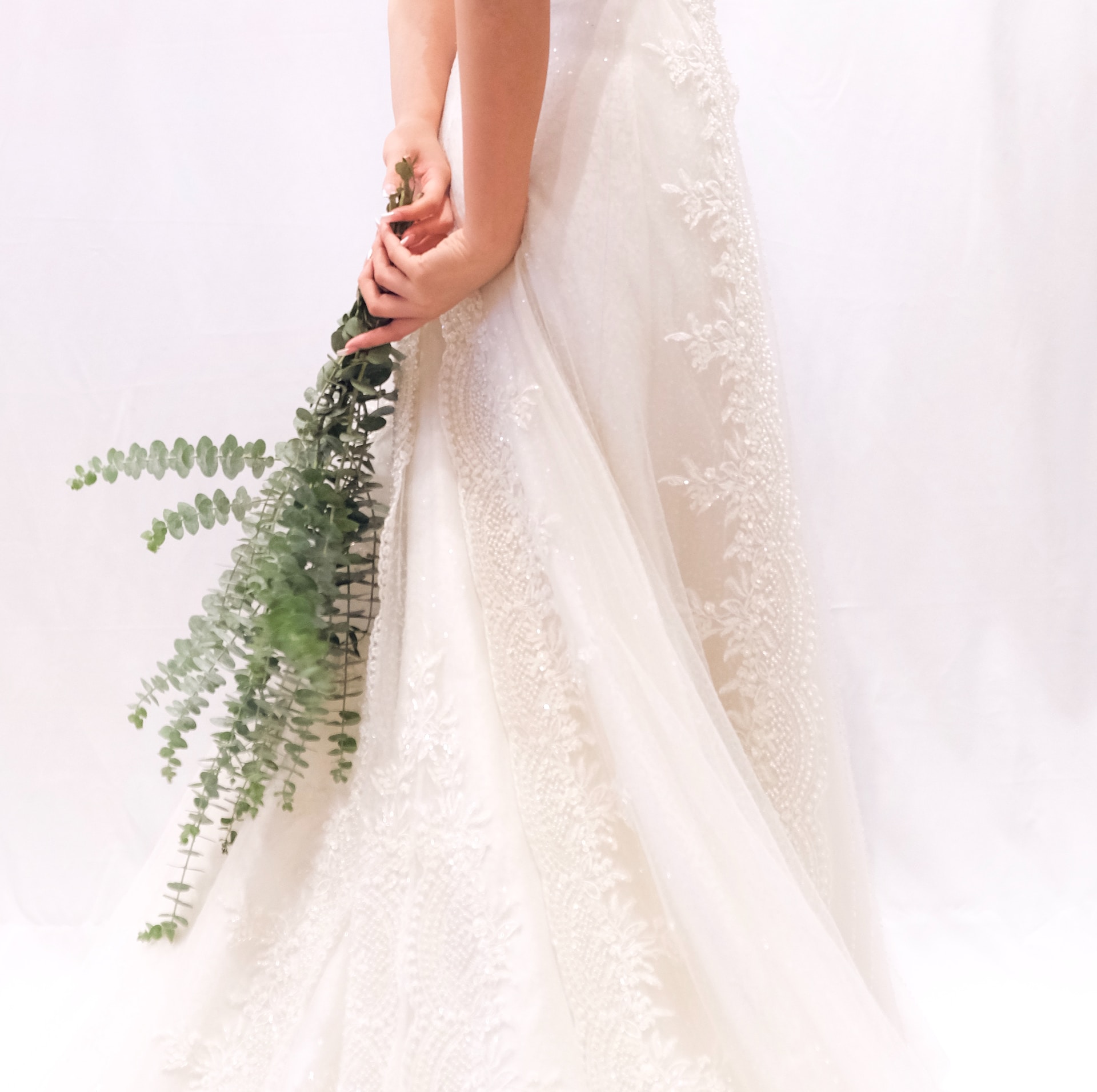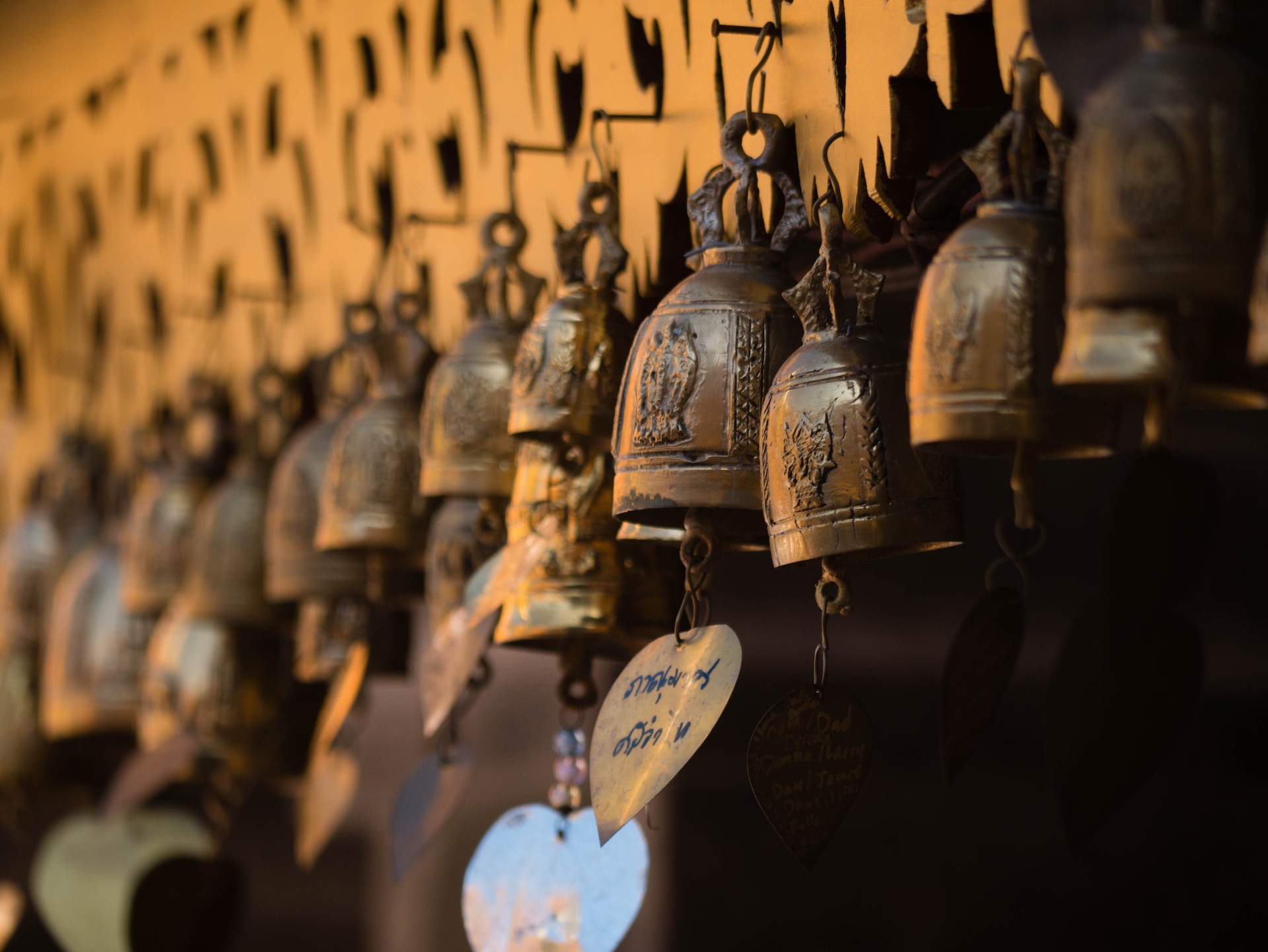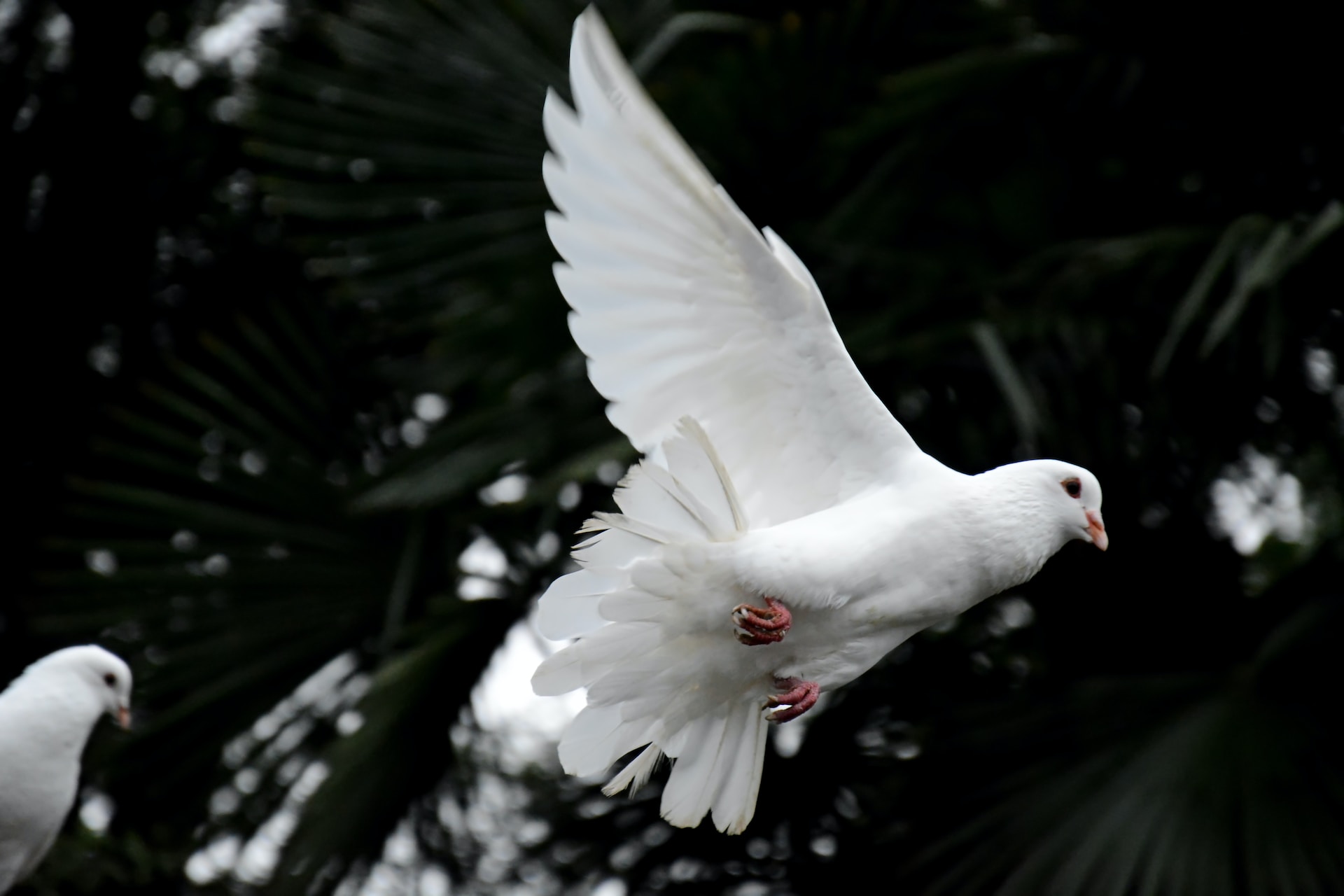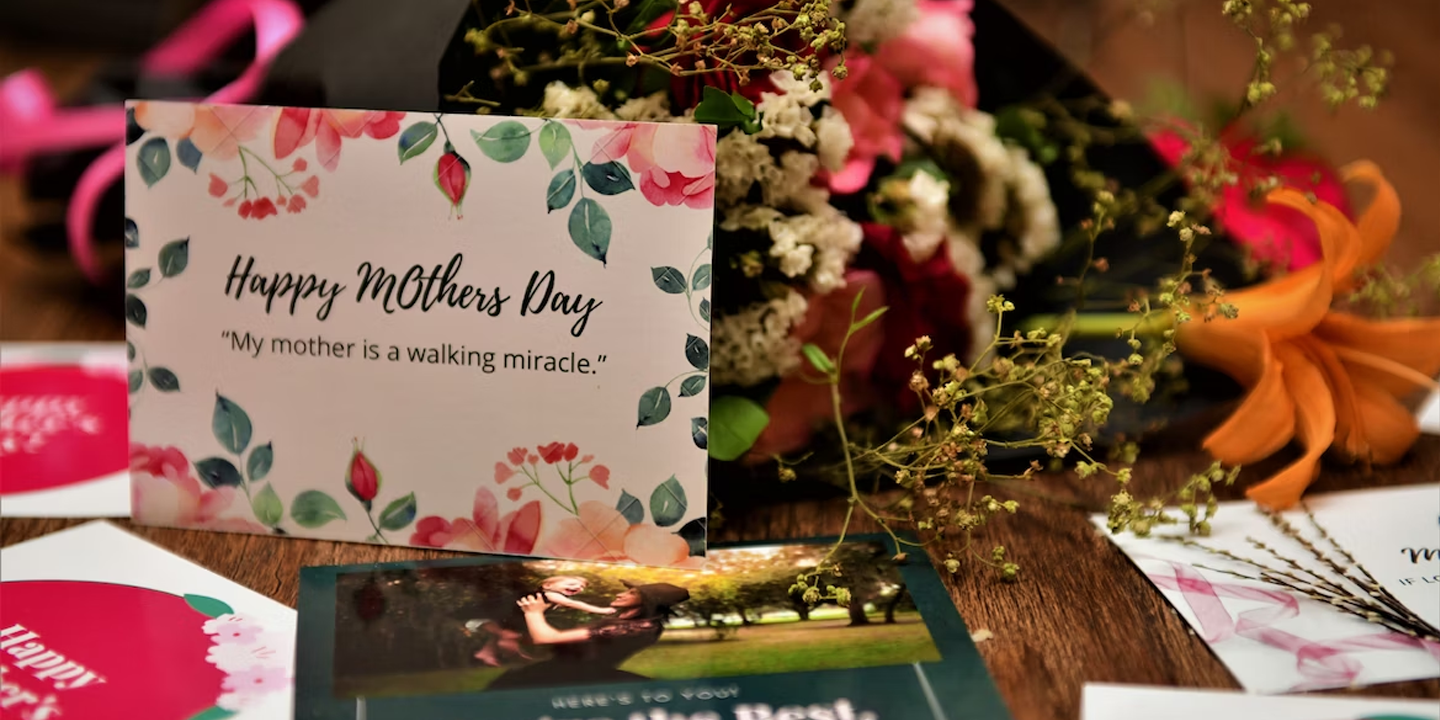Weddings are a happy occasion in any couple's life - they're filled with laughter, happiness, loved ones, and...weird superstitions? Let's take a moment to explore some strange and unique cultural practices that are followed around the world. Whether you're planning a wedding or just curious about these strange global customs, let's embark on this journey together!
1. Rain on Your Wedding Day (India)
Believe it or not, in India, rain on your wedding day is actually considered good luck. It's believed to symbolize a strong marriage because a wet knot is harder to untie.
2. Sugared Almonds (Italy)
Italian weddings often feature sugared almonds. These treats symbolize the bittersweet nature of marriage and are given to guests in odd numbers, which are indivisible, just like the couple's bond.
 Photo by dhanya purohit on Unsplash
Photo by dhanya purohit on Unsplash
3. Bridal Kidnapping (Romania)
In some parts of Romania, a mock bridal kidnapping is performed. Don't worry, it's not as scary as it sounds! The bride is playfully 'kidnapped' by friends and the groom must rescue her, proving his dedication.
 Photo by Foto Pettine on Unsplash
Photo by Foto Pettine on Unsplash
4. Spider on Your Dress (England)
In England, finding a spider on your wedding dress is seen as good luck. It's believed to bring prosperity and happiness to the marriage. We can't say this is something we'd be particularly happy about though...
5. Bride and Groom Can't Meet Before the Wedding (China)
In China, it's considered bad luck for the bride and groom to meet on the day before their wedding. This tradition is thought to keep evil spirits at bay.
 Photo by Camila Cordeiro on Unsplash
Photo by Camila Cordeiro on Unsplash
6. Carrying the Bride Over the Threshold (Western Cultures)
This popular, well-known tradition is believed to protect the bride from evil spirits lurking below the threshold of her new home. It's also just now known as a romantic gesture!
 Photo by Lauren Rader on Unsplash
Photo by Lauren Rader on Unsplash
7. No Pearls for the Bride (Greece)
In Greek culture, brides are advised not to wear pearls as they're thought to represent tears and could bring sadness to the marriage.
 Photo by Tiffany Anthony on Unsplash
Photo by Tiffany Anthony on Unsplash
8. Breaking a Glass (Jewish Weddings)
At the end of a Jewish wedding ceremony, a glass is placed on the ground and the groom ceremoniously smashes it with his foot. This act is thought to remind everyone of the destruction of the Temple in Jerusalem.
 Photo by Crissy Jarvis on Unsplash
Photo by Crissy Jarvis on Unsplash
9. Burying the Bourbon (Southern USA)
In the Southern United States, it's believed that burying a bottle of bourbon at the wedding site one month before the wedding will ward off rain on the big day.
 Photo by Thomas Park on Unsplash
Photo by Thomas Park on Unsplash
10. Marrying a Tree (India)
In some parts of India, brides marry a tree before their actual wedding to ward off evil spirits and bad luck due to astrological complications.
 Photo by Simon Wilkes on Unsplash
Photo by Simon Wilkes on Unsplash
11. White Wedding Dress (Western Cultures)
Wearing a white wedding dress is actually a relatively new tradition started by Queen Victoria. It's believed to symbolize purity and innocence.
 Photo by Anthony Tran on Unsplash
Photo by Anthony Tran on Unsplash
12. Sawing a Log Together (Germany)
In Germany, newlyweds often saw a log in half in front of their guests. This tradition represents the first obstacle the couple will overcome together.
 Photo by Luis Soto on Unsplash
Photo by Luis Soto on Unsplash
13. Throwing Rice (Various Cultures)
Throwing rice at the newlyweds is a symbol of fertility and prosperity. This tradition is found in various cultures around the world.
 Photo by Darío Méndez on Unsplash
Photo by Darío Méndez on Unsplash
14. Two Bouquets (Mexico)
In Mexico, brides often carry two bouquets. One is for the Virgin Mary, offering their devotion, and the other is for the bride to carry.
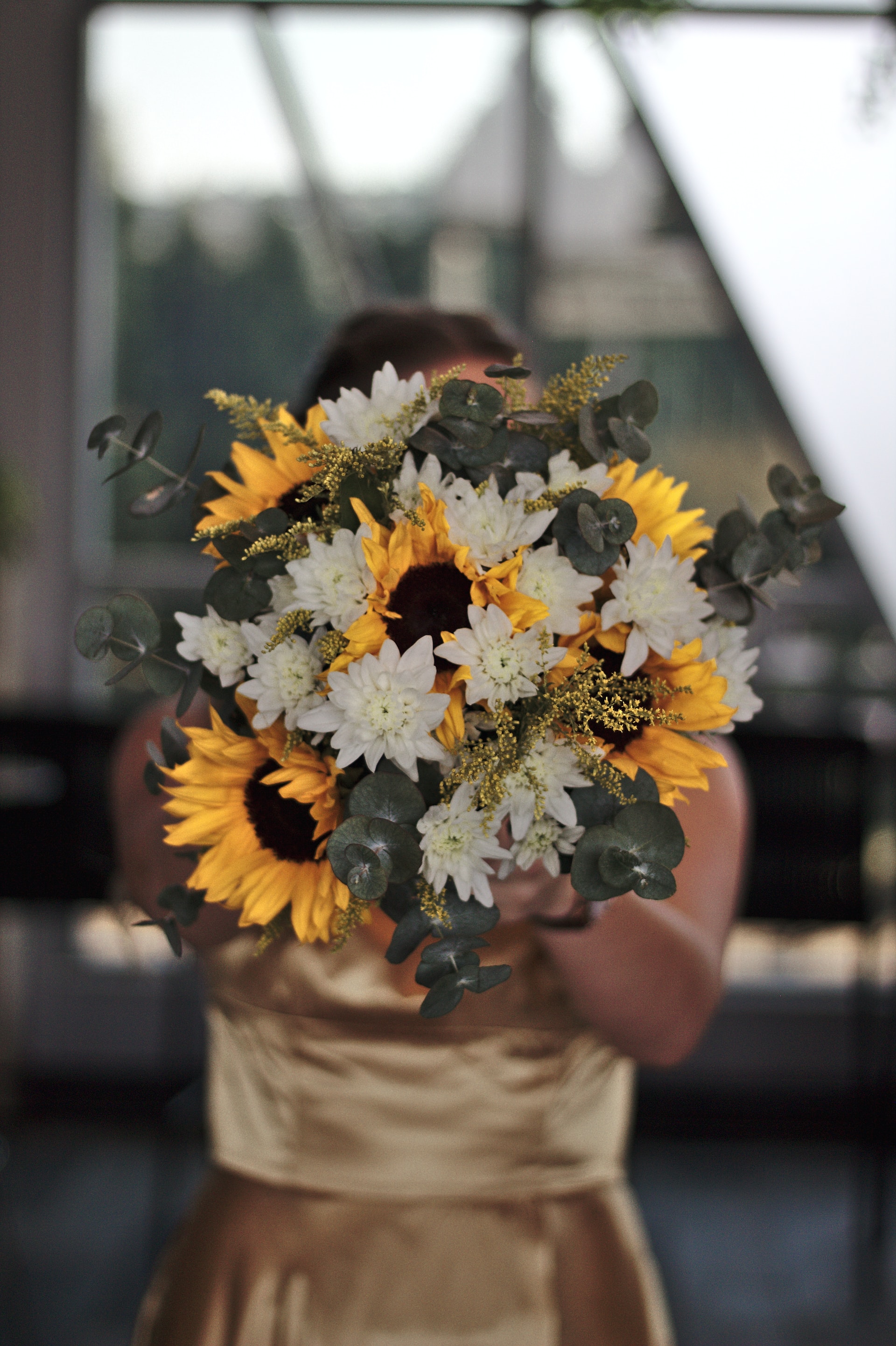 Photo by Quinton Coetzee on Unsplash
Photo by Quinton Coetzee on Unsplash
15. The Blackening of the Bride (Scotland)
In Scotland, there's a tradition called the 'Blackening of the Bride' where the bride is covered in soot and flour the day before her wedding. It's believed to ward off evil spirits and prepare her for any humiliation she might face in marriage.
 Photo by Jacqueline Day on Unsplash
Photo by Jacqueline Day on Unsplash
16. Throwing Shoes (Hungary)
In Hungary, it's a tradition for guests to throw their shoes at the newlyweds' car. This quirky custom is believed to bring good luck and a happy marriage.
 Photo by Jakob Owens on Unsplash
Photo by Jakob Owens on Unsplash
17. Bells to Ward Off Evil (Ireland)
Irish couples often receive bells as a wedding gift or incorporate them into their ceremony. The ringing of bells is thought to keep evil spirits away and ensure a harmonious family life.
18. Avoiding Nuns and Monks (Italy)
In Italy, encountering a nun or monk on the way to the wedding is considered bad luck. It's believed that this can signify a life of poverty and hardship for the couple.
 Photo by Vidar Nordli-Mathisen on Unsplash
Photo by Vidar Nordli-Mathisen on Unsplash
19. Henna Tattoos (Middle Eastern Cultures)
In many Middle Eastern cultures, brides have intricate henna tattoos applied to their hands and feet before the wedding. These are thought to bring luck and protect against the evil eye.
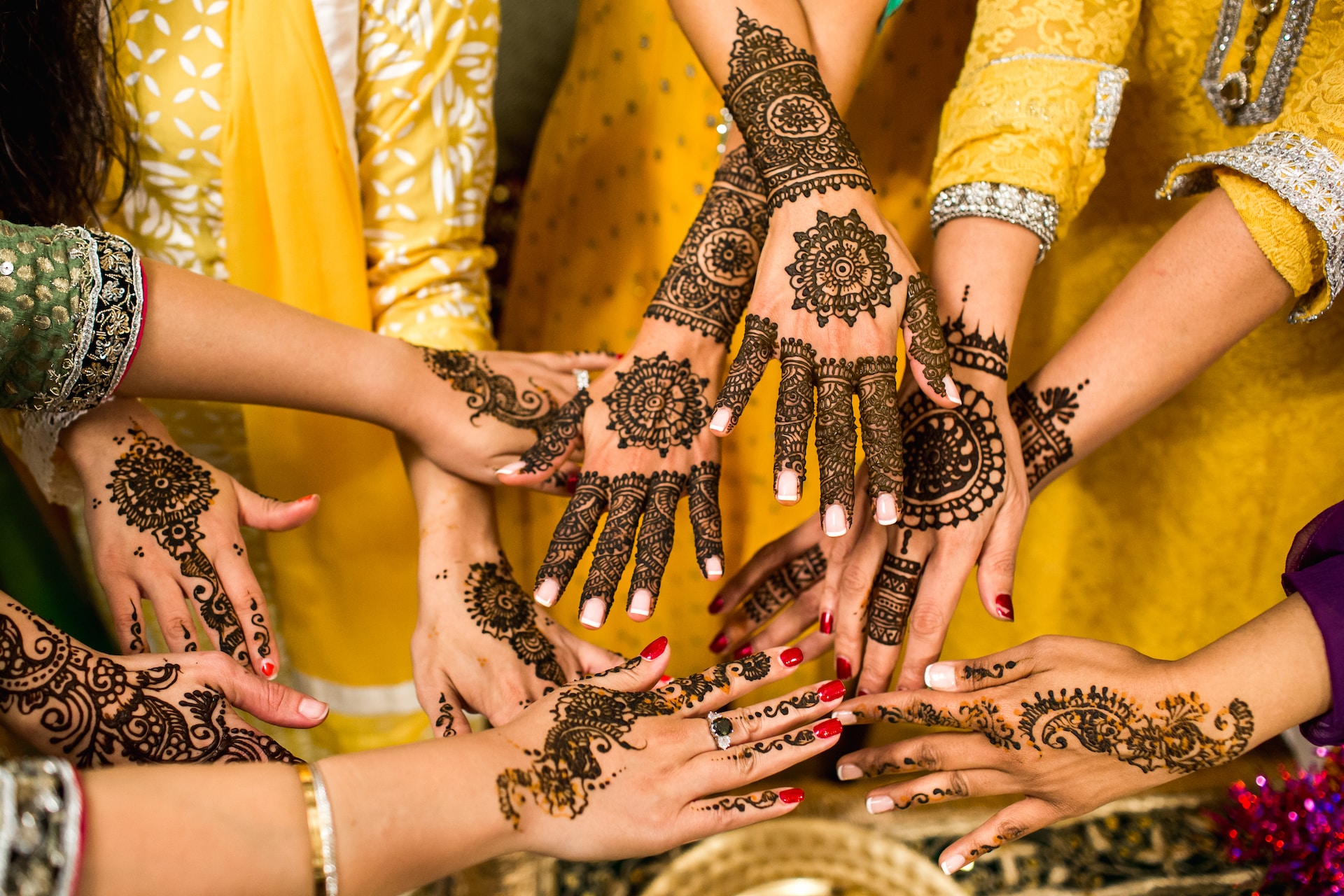 Photo by Vitaliy Lyubezhanin on Unsplash
Photo by Vitaliy Lyubezhanin on Unsplash
20. Crying Ritual (Tujia People, China)
Among the Tujia people in China, the bride begins to cry a month before her wedding, joined later by her mother and grandmother. This tradition is seen as an expression of joy and deep emotion.
 Photo by Jeremy Bishop on Unsplash
Photo by Jeremy Bishop on Unsplash
21. Carrying a Lump of Sugar (Greece)
Greek brides carry a lump of sugar in their glove or dress on their wedding day. This sweet custom is believed to ensure a sweet life together.
 Photo by Robert Anderson on Unsplash
Photo by Robert Anderson on Unsplash
22. Finnish Bride Goes Door-to-Door (Finland)
In Finland, it's a tradition for the bride-to-be to go door-to-door with a pillowcase, to receive wedding gifts. Often, an older married man accompanies her, symbolizing a long marriage.
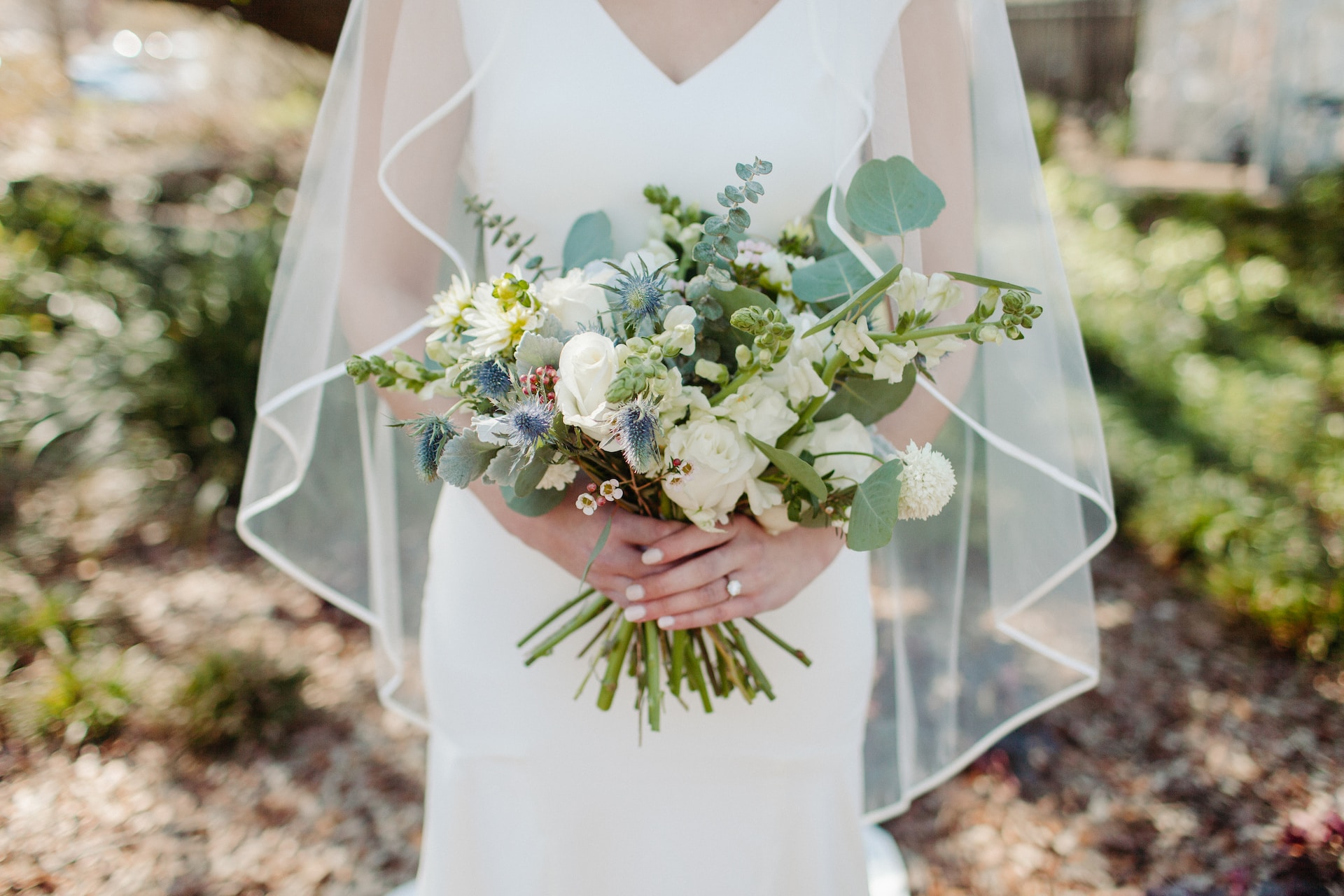 Photo by nikki gibson on Unsplash
Photo by nikki gibson on Unsplash
23. Wedding Ducks (Korea)
In Korean tradition, a pair of wooden ducks or geese are incorporated in the wedding decor. These animals are known for their lifelong partnership, symbolizing the couple's commitment.
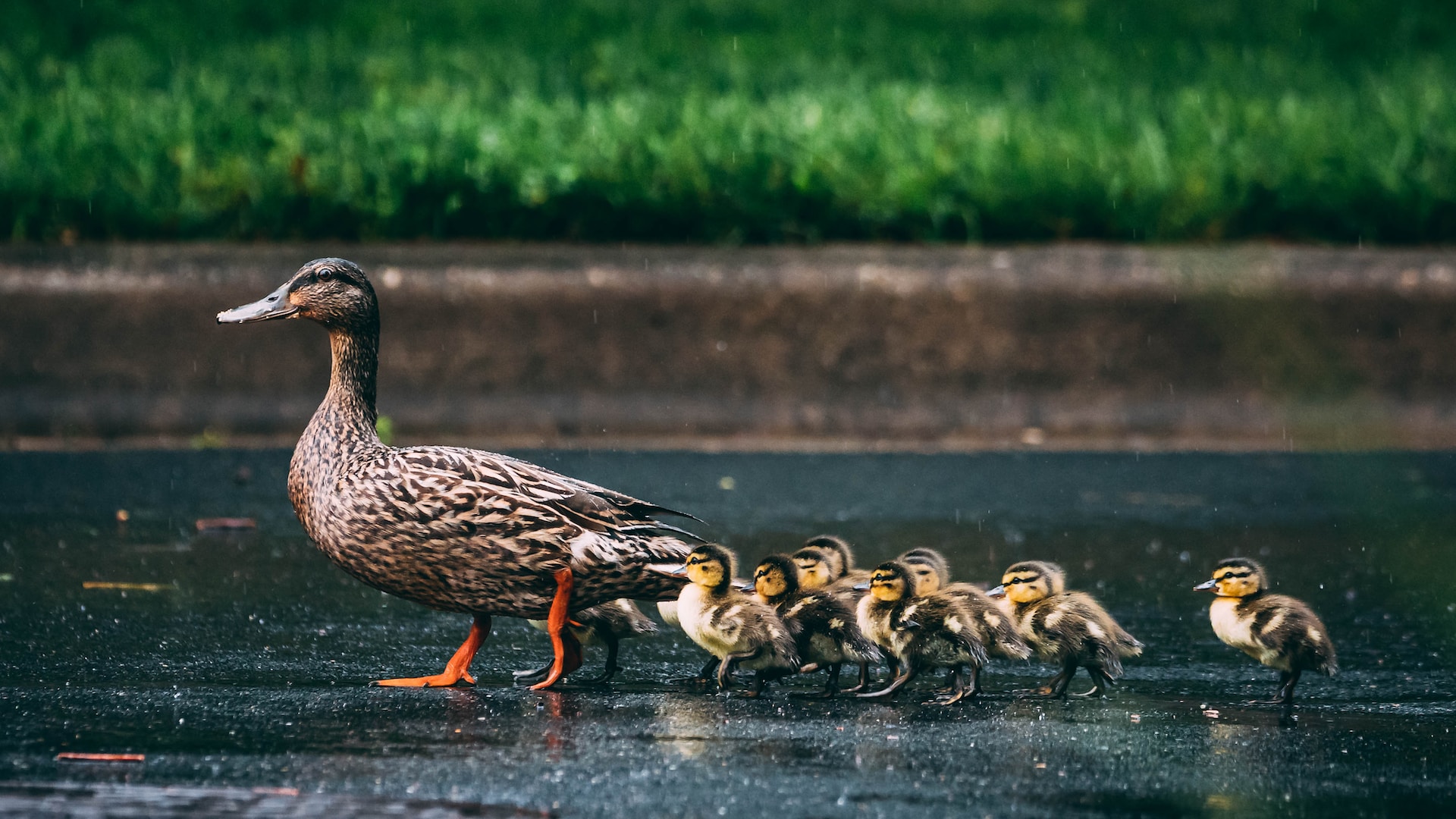 Photo by Vlad Tchompalov on Unsplash
Photo by Vlad Tchompalov on Unsplash
24. Sweeping the Floor (Jamaica)
In Jamaica, it's common for guests to watch the bride and groom sweep the floor. This act is thought to symbolize the couple's ability to work together.
 Photo by Neal E. Johnson on Unsplash
Photo by Neal E. Johnson on Unsplash
25. Knitting the Groom's Socks (Canada)
In some parts of Canada, the bride knits a pair of socks for her groom. If she finishes them before the wedding without dropping a stitch, it's believed to ensure a smooth marriage.
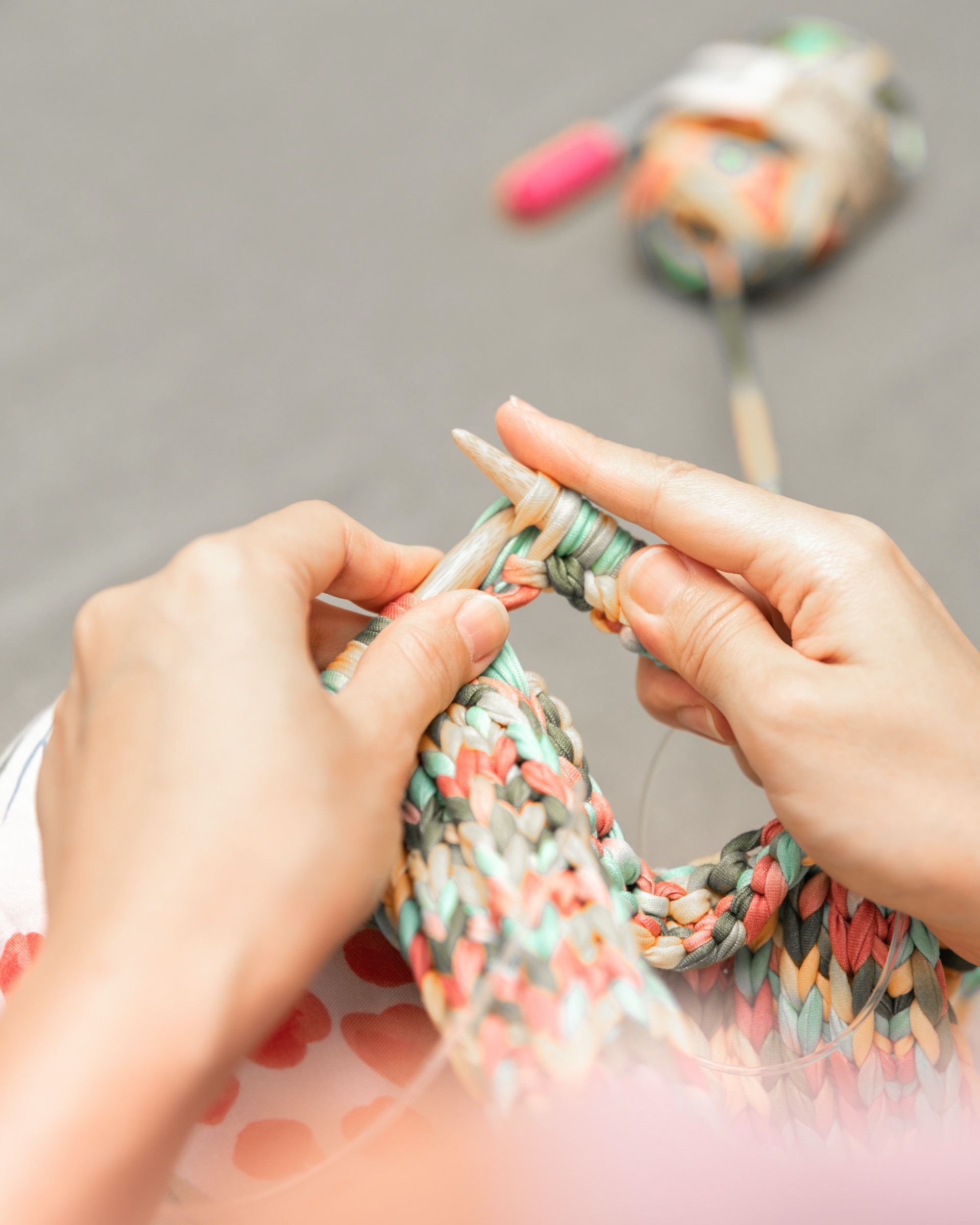 Photo by Tanaphong Toochinda on Unsplash
Photo by Tanaphong Toochinda on Unsplash
26. Eating Dates and Honey (Persian Culture)
In Persian weddings, the newlyweds often eat sweets like dates and honey. This sweet tradition symbolizes a sweet life and future together.
 Photo by Alexander Mils on Unsplash
Photo by Alexander Mils on Unsplash
27. Carrying a Mushroom (Swedish Culture)
Swedish brides may carry a small mushroom in their bouquets. This is believed to bring luck and ensure a happy marriage.
 Photo by Presetbase Lightroom Presets on Unsplash
Photo by Presetbase Lightroom Presets on Unsplash
28. Crying of the Llamas (Andean Culture)
In some Andean cultures, the future of a marriage is predicted by the behavior of llamas. If the llamas cry during the wedding, it's considered a good omen.
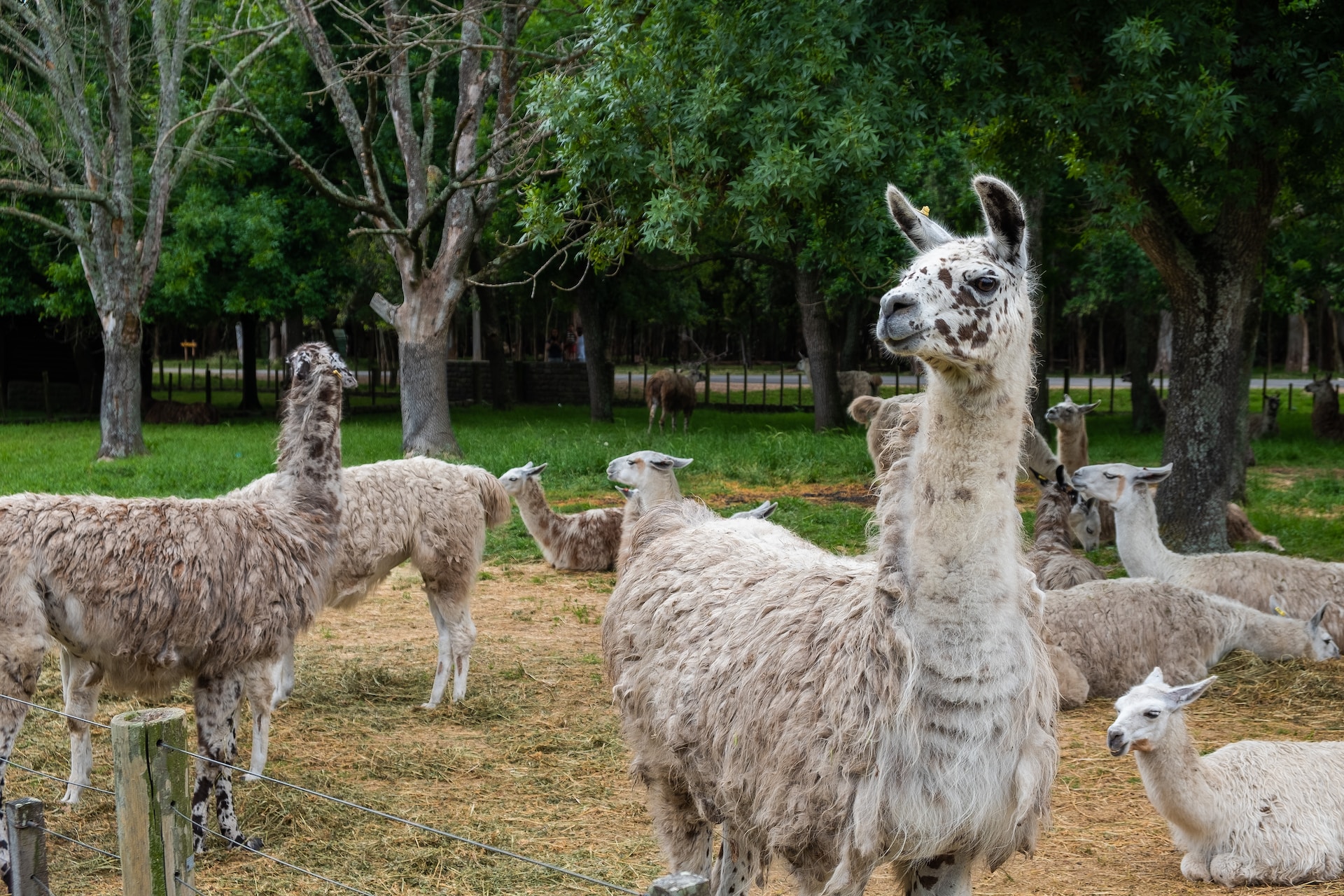 Photo by Alfonso Rodríguez on Unsplash
Photo by Alfonso Rodríguez on Unsplash
29. Hiding a Silver Coin (Sweden)
In Sweden, brides put a silver coin from their father and a gold coin from their mother in each shoe. This ensures that she'll never go without.
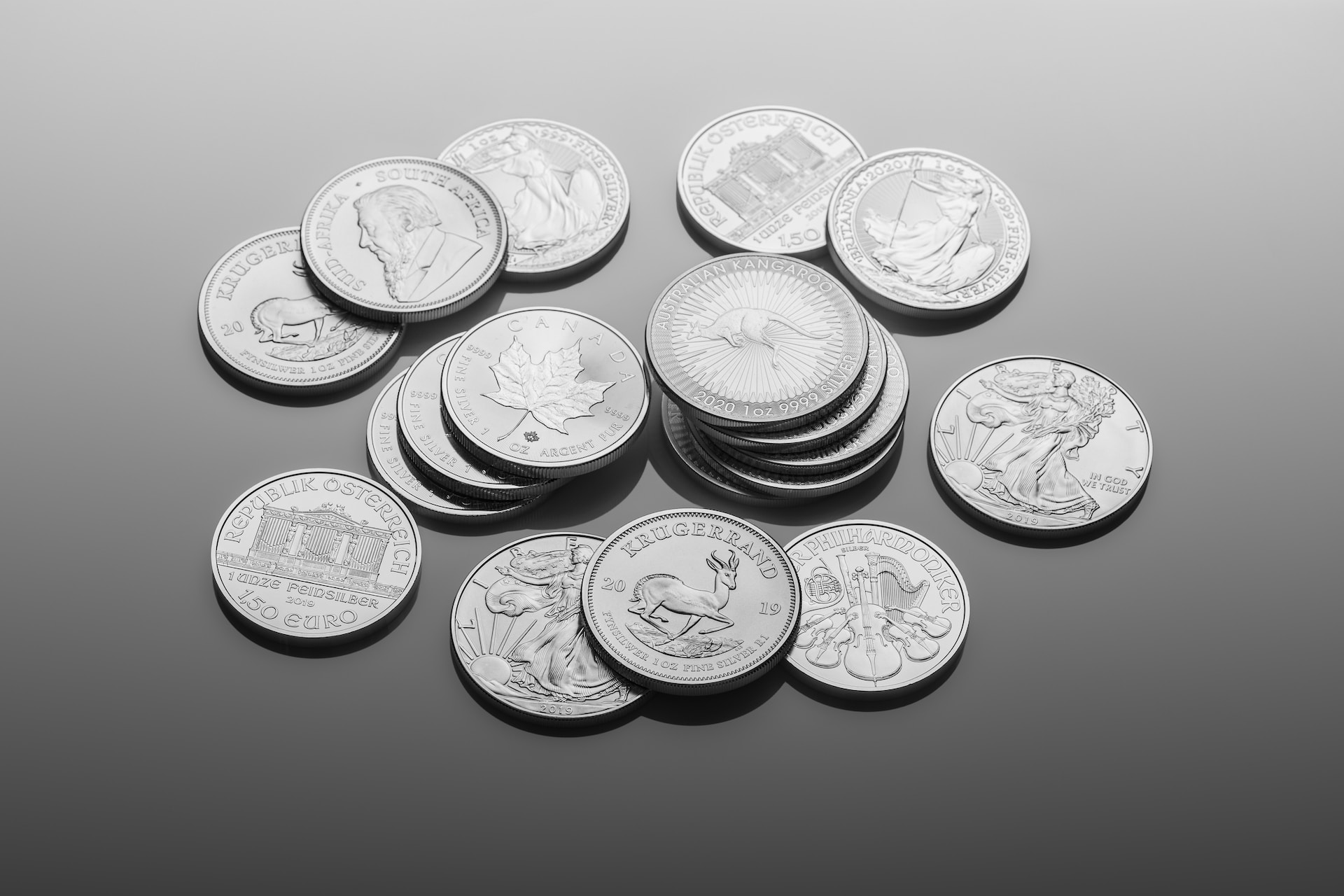 Photo by Zlaťáky.cz on Unsplash
Photo by Zlaťáky.cz on Unsplash
30. White Ribbon Roadblock (Germany)
In Germany, it's common for friends of the bride and groom to create a roadblock with a white ribbon. The groom must cut it to pass through, symbolizing overcoming obstacles together.
 Photo by Ben Wicks on Unsplash
Photo by Ben Wicks on Unsplash
31. Catching the Cat (Russia)
In Russia, it's believed that the first to catch the cat at the wedding and pet it will be the next to get married. This fun tradition adds an element of playful competition to the celebration.
 Photo by Ludemeula Fernandes on Unsplash
Photo by Ludemeula Fernandes on Unsplash
32. Avoiding Gold Jewelry (Spain)
Spanish brides often avoid wearing gold jewelry on their wedding day, especially during the ceremony. It's thought that doing so can bring bad luck to the marriage.
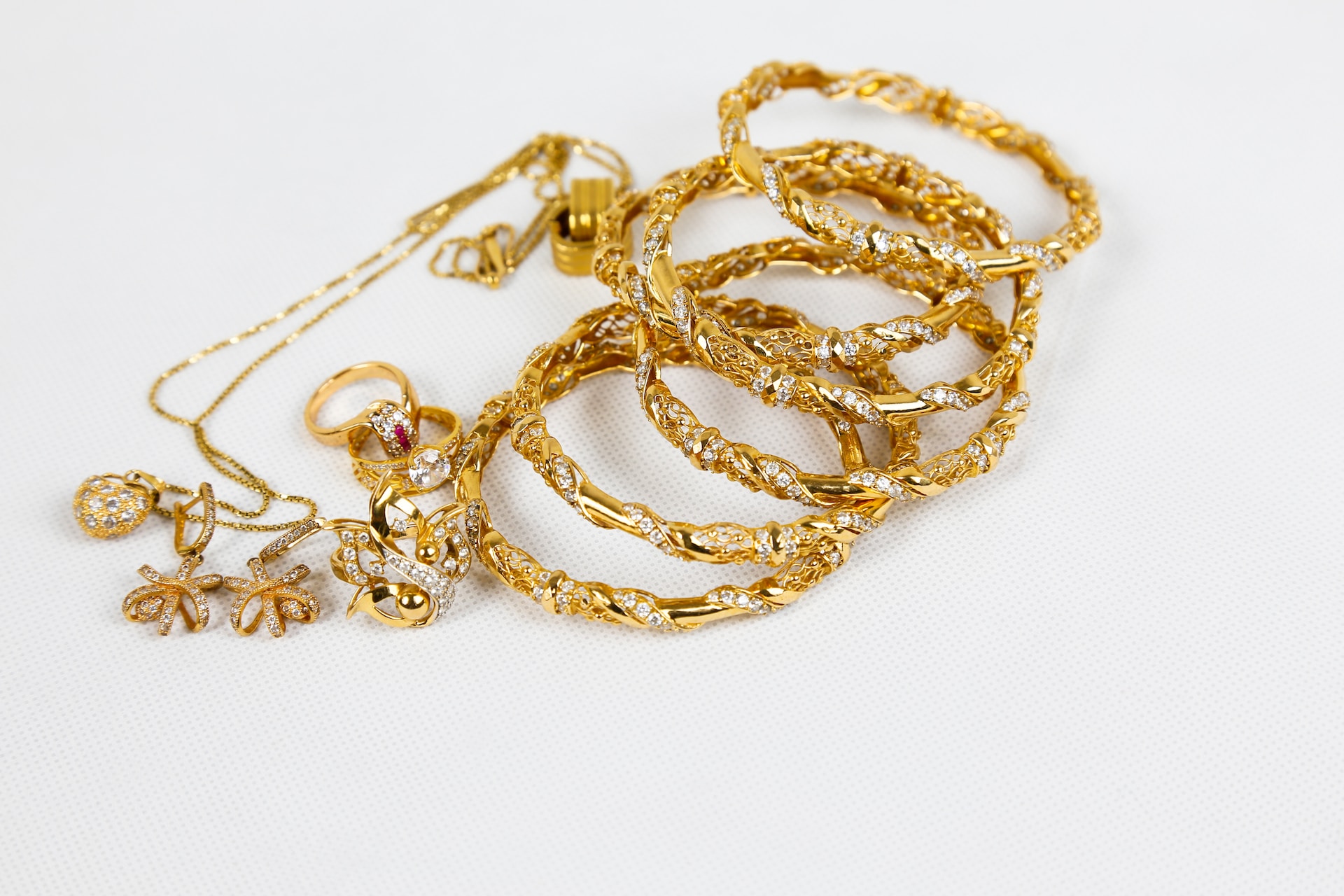 Photo by Syed F Hashemi on Unsplash
Photo by Syed F Hashemi on Unsplash
33. Carrying an Iron in the Bouquet (Mexico)
In some parts of Mexico, brides carry a small piece of iron in their bouquet. This is believed to ward off evil spirits and ensure a strong, enduring marriage.
 Photo by Jonathan Borba on Unsplash
Photo by Jonathan Borba on Unsplash
34. Stepping on the Husband's Foot (India)
In some Indian cultures, the bride will try to step on her husband's foot during the wedding ceremony. This playful act is said to establish dominance in the relationship.
 Photo by Clint McKoy on Unsplash
Photo by Clint McKoy on Unsplash
35. Eating Soup with a Fork (Lithuania)
A quirky Lithuanian tradition involves the newlyweds eating soup with a fork at the reception. It symbolizes the couple's ability to overcome the challenges of married life together.
 Photo by an_vision on Unsplash
Photo by an_vision on Unsplash
36. Releasing Doves (Philippines)
Filipino weddings often include the release of a pair of white doves. These birds symbolize peace, love, and a harmonious future for the couple.
37. Walking Through Fire (China)
In some Chinese cultures, the bride and groom walk over a small fire before entering their home. This is believed to cleanse them of evil spirits and bring good luck.
 Photo by Ricardo Gomez Angel on Unsplash
Photo by Ricardo Gomez Angel on Unsplash
38. Bride's Ribbon Snip (Germany)
At German weddings, the bride's veil often has small ribbons attached. Guests can snip off a ribbon for good luck, symbolizing the cutting away of old ties.
 Photo by Diana Polekhina on Unsplash
Photo by Diana Polekhina on Unsplash
39. Avoiding Green (Various Cultures)
In some cultures, wearing green on your wedding day is considered bad luck, as it's thought to symbolize jealousy and a fickle heart.
 Photo by Artur Łuczka on Unsplash
Photo by Artur Łuczka on Unsplash
40. Sleeping with Bread (Armenia)
In Armenia, a piece of bread is placed under the bride's pillow. It's believed that this will bring fertility and prosperity to the couple.



